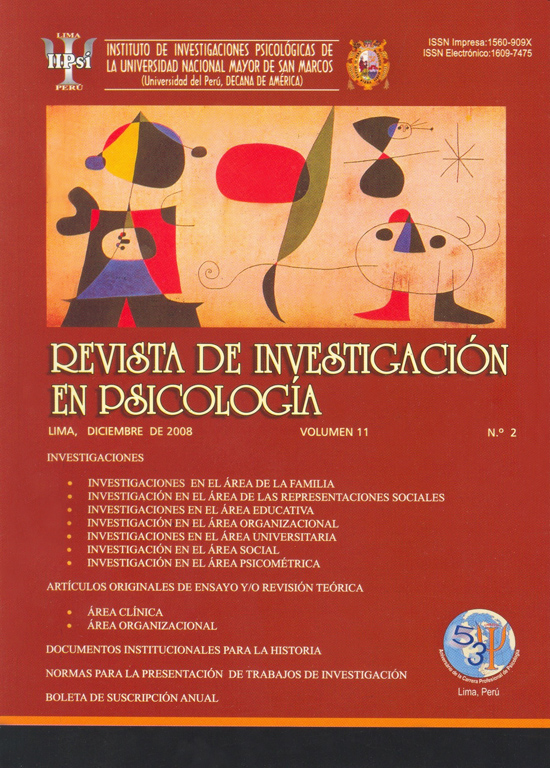Prospective of managerial competence in public administration
DOI:
https://doi.org/10.15381/rinvp.v11i2.3854Keywords:
managerial skills, public official, governance, leadership management, paradigms, prospectiveAbstract
Beyond the fashions of management and the semantic mutations that enriches the organizational life. The prospective allows to understand with certain anticipation the probabilities of alternatives of solutions in public administration. Currently there is a discussion and comparison between the old and the new paradigm of the management of the State. It describes the systems of theoretical and conceptual paradigms of public officials with regard to managerial skills. Most civil servants have been trained and are exercising their work in the State within the old tradition of the bureaucratic and vertical model, being swamped in the routine, conformism and sterile copying, in impairment of the creativity and the innovation. The new generation is being adapted to the provocation of the new paradigms of the organizational culture with prospective and human quality. That is, it is necessary for public servants to modify their behavior and assume with responsibility the approach of management skills. Finally, it is being proposed some suggestions for public officials to work with all their brain within the desirable, probable and possible in the public administration and promote a State policy that is competitive and productive.Downloads
Published
Issue
Section
License
Copyright (c) 2008 Leoncio Solórzano Acuña

This work is licensed under a Creative Commons Attribution-NonCommercial-ShareAlike 4.0 International License.
THE AUTHORS RETAIN THEIR RIGHTS:
a. The authors retain their trademark and patent rights, and also on any process or procedure described in the article.
b. The authors retain the right to share, copy, distribute, execute and publicly communicate the article published in the Journal of Research in Psychology (for example, place it in an institutional repository or publish it in a book), with acknowledgment of its initial publication in the Journal of Research in Psychology.
c. Authors retain the right to make a subsequent publication of their work, to use the article or any part of it (for example: a compilation of their work, lecture notes, thesis, or for a book), provided that they indicate the source. of publication (authors of the work, magazine, volume, number and date).






